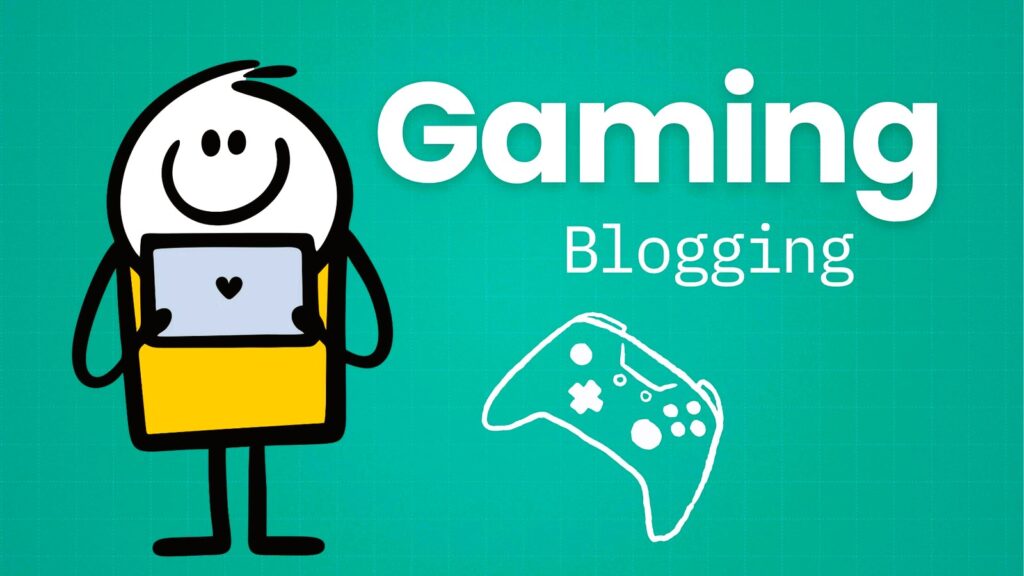In the fast-paced world of gaming, having your game noticed can be a challenging task. With millions of games competing for attention, it’s crucial to ensure your game is visible to the right audience. This is where Search Engine Optimization (SEO) comes into play. SEO is the process of optimizing a website or game-related content to rank higher on search engines like Google, making it easier for players to find your game when searching online.
1. Keyword Optimization
SEO starts with choosing the right keywords. For games, this could include game titles, genres, specific characters, or even in-game mechanics. By researching and targeting high-traffic keywords that potential players are searching for, game developers can optimize their content to appear more prominently in search engine results. For example, if your game features a specific combat style, incorporating keywords like “action RPG combat” or “open-world combat game” can help attract the right players.
2. Content Creation and Quality
Search engines favor high-quality, relevant content. This means that game developers should create informative, engaging content that answers players’ questions, provides game updates, or discusses strategies. Blog posts, game reviews, developer diaries, and FAQs are all excellent forms of content that can be optimized for SEO. By regularly updating content and making it engaging, games are more likely to be recognized as valuable by search engines, improving their ranking.
3. Mobile Optimization

With more players gaming on mobile devices, search engines also prioritize mobile-friendly content. Ensuring that your game’s website or landing page is responsive and user-friendly on mobile devices is essential. Google, for example, uses mobile-first indexing, meaning it prioritizes the mobile version of your website for ranking purposes. A seamless mobile experience can help attract more players, keeping them on your page longer and boosting your SEO.
4. Backlink Building
Another crucial aspect of SEO is backlink building. This involves acquiring links from authoritative websites, such as game review sites, gaming blogs, or even social media influencers. Backlinks serve as “votes of confidence” for your game, signaling to search engines that your content is credible and relevant. When gaming sites or influencers link to your game, it helps improve your site’s domain authority, which can positively impact its search engine ranking. Social networks as a tool for promoting video games, read our strategies and tips.
5. Improving Load Speed
Search engines like Google prioritize websites that load quickly. A slow website can lead to a high bounce rate, where users leave before the page even finishes loading. This negatively affects SEO rankings. By optimizing your game’s website to load faster, you enhance the user experience, which can lead to longer sessions and a higher likelihood of players recommending your game. This can significantly improve your SEO ranking and player retention.
6. Social Media Signals
Social media plays a crucial role in modern SEO. Platforms like Twitter, Facebook, Instagram, and YouTube are valuable tools for spreading awareness about your game. When content about your game is shared widely on social media, search engines take notice. More shares, likes, and comments signal to search engines that your content is relevant and engaging, improving your chances of ranking higher.
7. Local SEO

For gaming companies targeting specific geographical locations, local SEO is essential. By optimizing for local search terms, such as “best game store in [city]” or “download [game name] in [country],” game developers can reach a more targeted audience. Claiming your Google My Business listing and ensuring your game’s website is optimized for local search can boost visibility among players in specific regions.
8. User Experience (UX) and Engagement
User experience plays a significant role in SEO. Games that have easy navigation, clear calls-to-action (CTAs), and a great overall user experience tend to perform better in search engine rankings. A well-designed website with a smooth UX encourages players to stay longer, engage with content, and even share it on social media, all of which can improve SEO.
SEO is an essential tool for gaming companies looking to increase visibility and attract players. By focusing on keyword optimization, high-quality content, mobile-friendliness, backlink building, and user experience, developers can enhance their search engine rankings and stand out in the crowded gaming industry. Whether you’re a big studio or an indie developer, SEO can make the difference in how players find and engage with your game.
For more information on SEO and its practices, you can visit Wikipedia’s SEO article.






